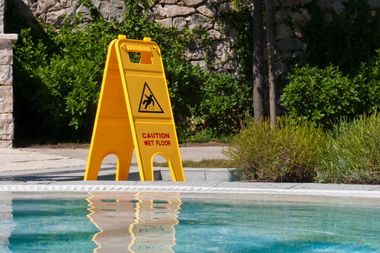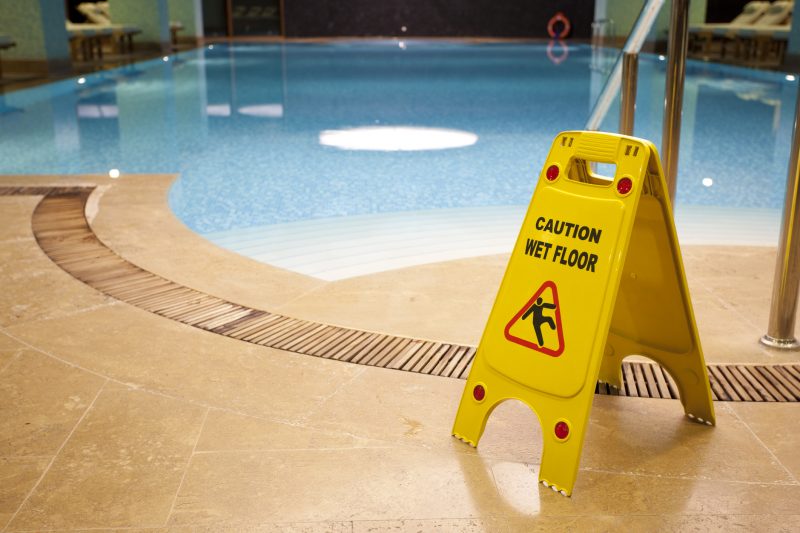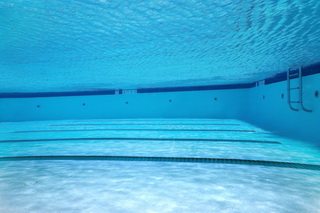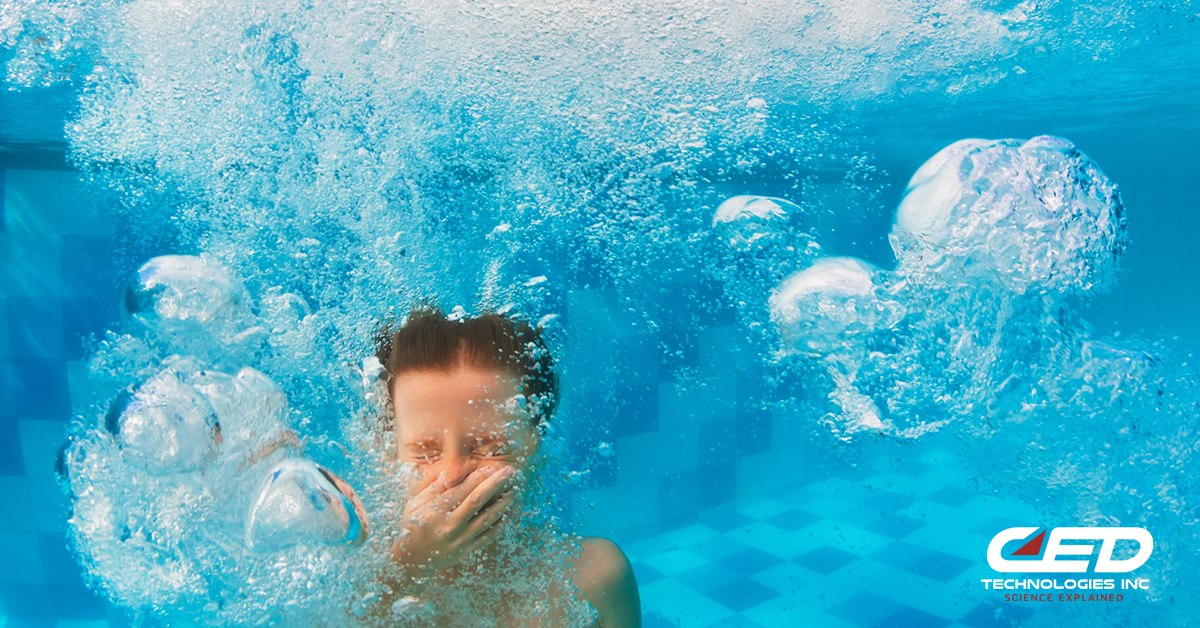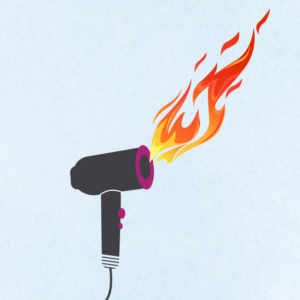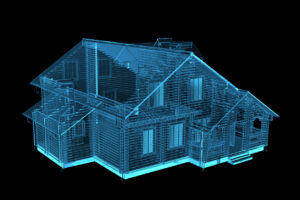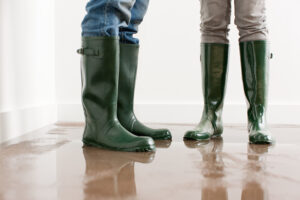Over the years, CED has investigated, inspected and analyzed hundreds of cases involving Swimming Pool Accidents.
As June moves into July and the mercury rises, (or would if there were still mercury thermometers out there), people start flocking to swimming pools for relief and recreation. With this migration comes the annual spike in accidents and mishaps. We see the statistics every year as news outlets and blogs inundate us with numbers such as:
· Drowning is the second leading cause of accidental injury-related death among children ages 1 to 14
· 6,500 adolescents a year are brought to the hospital because of diving-related injuries
· Studies shows that in 10 diving accidents 8 of them happened in a swimming pool that has no warning signs.
· Children ages four and under are two to three times as likely to drown than other age groups and account for 80 percent of home drownings.
· Boys are two to four times more likely to drown than girls.
Depending upon the nature of the accident, we've been able to get the correct engineer with the requisite experience and knowledge to assist in the claim or case. We've categorized some of the more common accidents.
Construction Defects and Equipment Failures
Swimming pools are not inexpensive. Most new installations can have price tags of forty to fifty thousand dollars and up. The equipment needed to operate and maintain them, such as pumps and filters, getting more and more complicated and expensive. The 16,000 gallons of water that the average residential pool holds can do a lot of damage if the pool isn’t operating correctly.
Our civil engineers have investigated cracking issues with pools and the pavers and tiles surrounding them. They’ve gotten involved when shifting or settling has caused pool damage to determine whether it was improper construction, natural phenomenon (such as sinkholes or hurricanes) or nearby construction that was responsible.
CED mechanical engineers are experts with regards to all the machinery needed to operate and maintain a pool. They can determine how and why pumps failed. They’ve analyzed filters to determine if they were correctly designed. The installation maintenance and repair of pool equipment they are intimately familiar with.
Slips, Trips, Dives and Falls
There may be as many accidents around pools every year as in them. The slippery, hard, wet surfaces; the unique steps, ladders, slides and diving boards used to ingress and egress the pools; and the varying hours of use and lighting conditions can all be contributing factors to mishaps. CED engineers are premises experts. They have the experience and the tools to do whatever friction testing is necessary. They understand the codes and standards that these premises are governed by. The depths, shapes and angles of a pool are dimensions that may or may not be contributing factors to an accident. CED engineers can provide insight into how satisfactorily the safety guidelines where met. They can measure and analyze the lighting that was existent and determine what was required. In addition, they have analyzed and opined on equipment that may have been involved in the fall. Ladders, steps and diving boards have all been studied and scrutinized by CED engineers.
Human Factors and Warning Signs
Many of the activities in and around swimming pools are unique to that environment. The multiple and disparate ages and the diverse movements goings-on’s often result in accidents that require a human factors expert. CED has experts in both Human Factors and in Warning signs with decades of experience in the field.
Submit a case or claim online.
Contact a CED Engineer in your region.
